How Win-Loss Analysis Helps You Pull Your Head out of the Sand
It’s commonly said that business-to-business (B2B) companies have a similar marketing challenge to those in consumer (B2C) categories. After all, they say, it’s still ‘people’ making decisions. That’s only partially true. What that line of thinking ignores is the cultural aspects of how buying decisions are made in enterprise these days. Because of that complex dynamic, the human aspect becomes infinitely more complex.
And when a serious new business pursuit in a competitive deal results in a “loss”, there is another, equally complex cultural element that often plays out within the selling organization. While that varies across sales organizations, there is a tragically common behavior pattern. To distill it down to one simple word, it is “denial”. Like an ostrich with its head in the sand, those involved in a lost sales opportunity often hide from understanding the true reasons behind the loss.
In a perfectly rational world, when important new business opportunities or renewals are lost, you would expect sales or company leadership to do everything possible to understand “why” the deal went to a competitor. Instead, what you often see is a tendency to sweep it under the rug, shrug shoulders and move forward. In doing so, the opportunity to learn, and improve future outcomes is lost. What’s driving this avoidance behavior? Four key factors of human behavior:
- No Pain, No Gain: The most obvious factor is that losing is painful. It’s human nature to avoid pain and move toward pleasure; in this case pursuing the next deal that hopefully goes your way.
- Saving Face: Beyond the pain of the loss, there is secondary pain associated with accountability – owning up to what you could have done differently, or better, to win the deal.
- One for All: The powerful team dynamic – like a sports team that loses an important game against a rival, there’s a need to cleanse and move forward – otherwise the prospects for the rest of the season are lost. Time to close ranks and support one another; not a time to find fault and to point fingers.
- Closure: In an effort to move forward with some semblance of completion, there is a tendency to cling to the “story”. The problem is, that story is typically flawed, or substantially false, based on internal perceptions, rather than an objective assessment from the prospect’s perspective. It serves only one purpose: to enable forward movement beyond the loss. Usually it is cobbled together between a well-intentioned contact with the key decision maker following the loss that then evolves through various rounds of internal processing. Like a rumor sweeping through a small town about the latest scandal, the truth, however valid, becomes more distorted and biased with every telling. If the main purpose of the story is to “feel better” and “move on”, that version of the story is fine.
But if you’re running a company, a P&L or line of business, that’s not good enough. You need to pull your head out of the sand. A deal may be irretrievable, but you care about the next one, and the one after that. You are looking at overall outcomes. If you’re an owner, you want to leverage that pain and loss to improve future outcomes. That means voluntarily enduring more pain than you’ve already suffered. But that’s your job and the job your stakeholders expect you to perform.
Win-Loss Analysis performed properly by a professional third-party firm who specializes in this practice can help you assure that you achieve maximum learning from each loss AND win. Does that lead you to a place where you never lose again? Of course, not – but it does support a genuine effort to win every qualified deal you can, and to measurably improve your overall win-rate. It takes courage and maturity for a leadership group to head down this path of truth and accountability. It’s time to pull your head out of the sand, look past denial, and focus on future results.
Want to learn more? Contact us today. [email protected]

